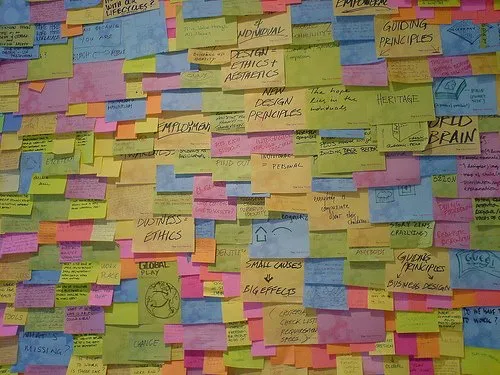
Freelance Switch just posted my piece on 50 ways for writers to find article articles. Consider this a continuation...
Once the floodgates open and you've started coming up with ideas for articles, you'll obviously need a place to record them, organize them, and refer to them later. I tend to scribble my ideas in a little notebook where they often get buried amidst grocery lists, phone numbers, and to do lists. I have no doubt that this method has allowed more than a few saleable ideas slip through the cracks, so this year I've vowed to reform. A creative mind is no excuse for a messy notebook or desk or files.
Here is the new spreadsheet tracking system I came up with. This is a separate worksheet within the same workbook that I use to track actual queries, and I had to transfer ideas out of my notebook periodically.
Column A contains the names of publications I plan to query. An idea isn't much use without a market to publish it, so right now my brainstorming is driven by the market. But if there's an idea I'm dying to write about, I'll leave column A blank and move onto column B. Once I come up with a market that might be interested in my idea from column B, I'll fill in column A accordingly.
Column B contains a short summary of each article idea. If the idea is intended for a specific section, I'll note that in parenthesis. Ideally, I'd like to have several ideas ready to go for each publication, so there might be a row of "X magazine" next to each distinct idea.
Column C contains secondary markets. Say The New York Times doesn't want my article on hiring trends in small to mid-sized non-profits (a completely hypothetical example, by the way). Instead of getting upset, I'll move onto the publication listed in column C. Of course, there are a lot of times when editors don't give a definitive answer (or even an acknowledgement), so I'll wait a few weeks and move onto the next market. If the ideas really start flowing, I might need to add a column D or E, too.
When it comes to capturing ideas, what organizational strategies work for you?
Flickr photo courtesy of Jacob Botter